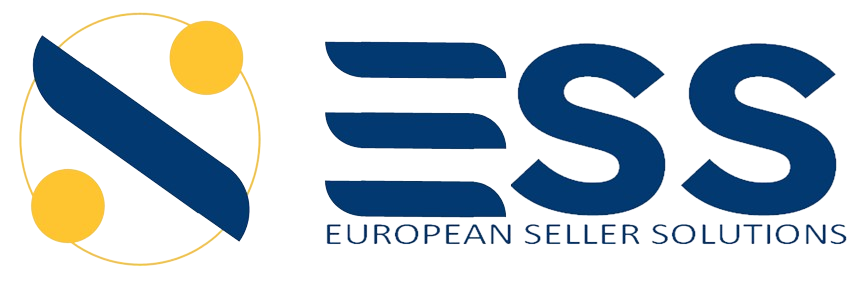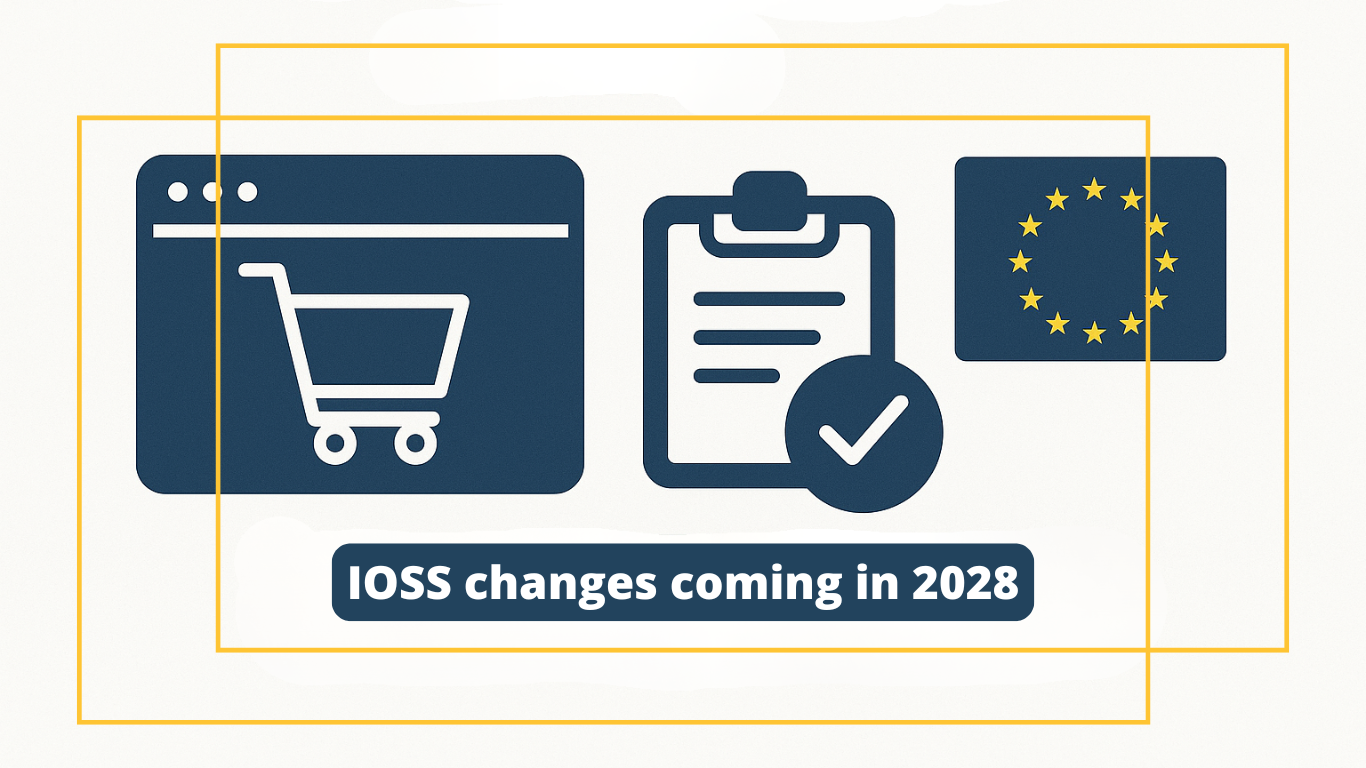Starting in July 2028, the EU will implement significant changes to the Import One-Stop Shop (IOSS) system. These reforms will directly affect online sellers shipping products valued up to €150 to EU countries. The goal is to promote fairer competition and improve VAT compliance across the Union.
It’s wise to prepare in advance so that your VAT handling remains smooth and your sales continue uninterrupted. Below you’ll find what exactly will change and how you can get ready.
What Will Change in 2028?
- End of the current simplified scheme
The so-called Special Arrangement Scheme, under which postal operators and couriers collect VAT on behalf of sellers upon delivery, will be abolished.
Sellers who currently use this scheme will need to handle VAT payments themselves via the IOSS system. Businesses that fail to do so risk customs delays, extra costs, and penalties. - New liability rules for intermediaries
From 2028 onwards, customs agents and other intermediaries will also be held jointly liable for unpaid VAT. This means they will enforce stricter compliance checks, and their services will likely become more expensive or complex.
For sellers, this may require adjustments to cost structures, partnerships, and logistics processes. - More obligations for non-registered sellers
If you choose not to use the IOSS, you’ll have to register for VAT separately in each EU country where you sell goods. This creates a heavy administrative burden.
Therefore, IOSS remains the simpler and more efficient option for international online stores. - Revision of the €150 threshold
The current VAT exemption for shipments up to €150 is under review. The EU is considering lowering or even eliminating this threshold.
Although not yet confirmed, it’s important to monitor these developments closely so you can adapt quickly to any new rules.
Who Will Be Affected by These Changes?
The IOSS reforms will impact various types of e-commerce businesses. In particular:
- Sellers who currently collect VAT through postal or courier services will need to change their approach.
- Webshops without IOSS registration that frequently ship low-value goods (up to €150) to the EU will face new obligations.
- Businesses relying on customs intermediaries will need to review their processes and agreements.
While participation in the IOSS system remains optional, it offers clear benefits: reduced administrative work and easier VAT compliance.
How to Prepare Your Business
Preparing early will help you avoid problems once the new rules take effect. Keep the following action points in mind:
- Start your IOSS registration early
Begin the registration process well before July 2028 to ensure your webshop continues operating smoothly. - Review your current VAT processes
Evaluate how you currently handle VAT, especially if you work with intermediaries. Check whether your agreements comply with the new shared liability rules. - Invest in digital VAT solutions
Use systems designed for real-time VAT calculations and electronic reporting. This reduces the risk of errors and ensures compliance with the new requirements. - Avoid last-minute stress
Don’t wait until the deadline approaches. Businesses that react too late often face errors, fines, or delays.

